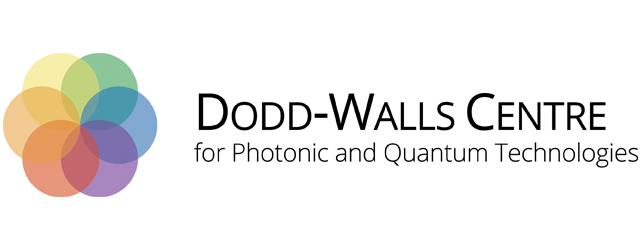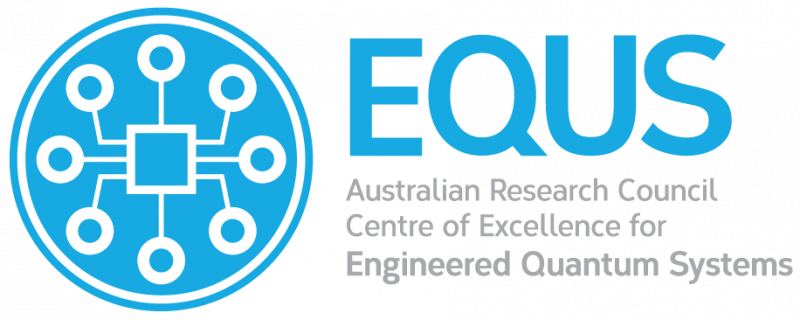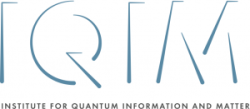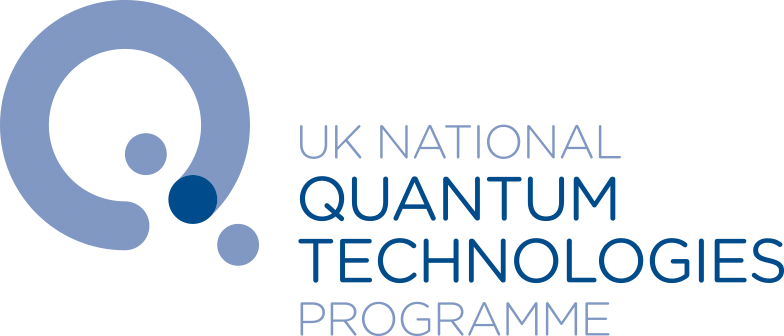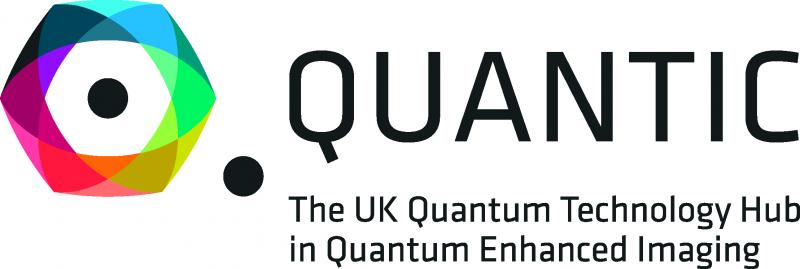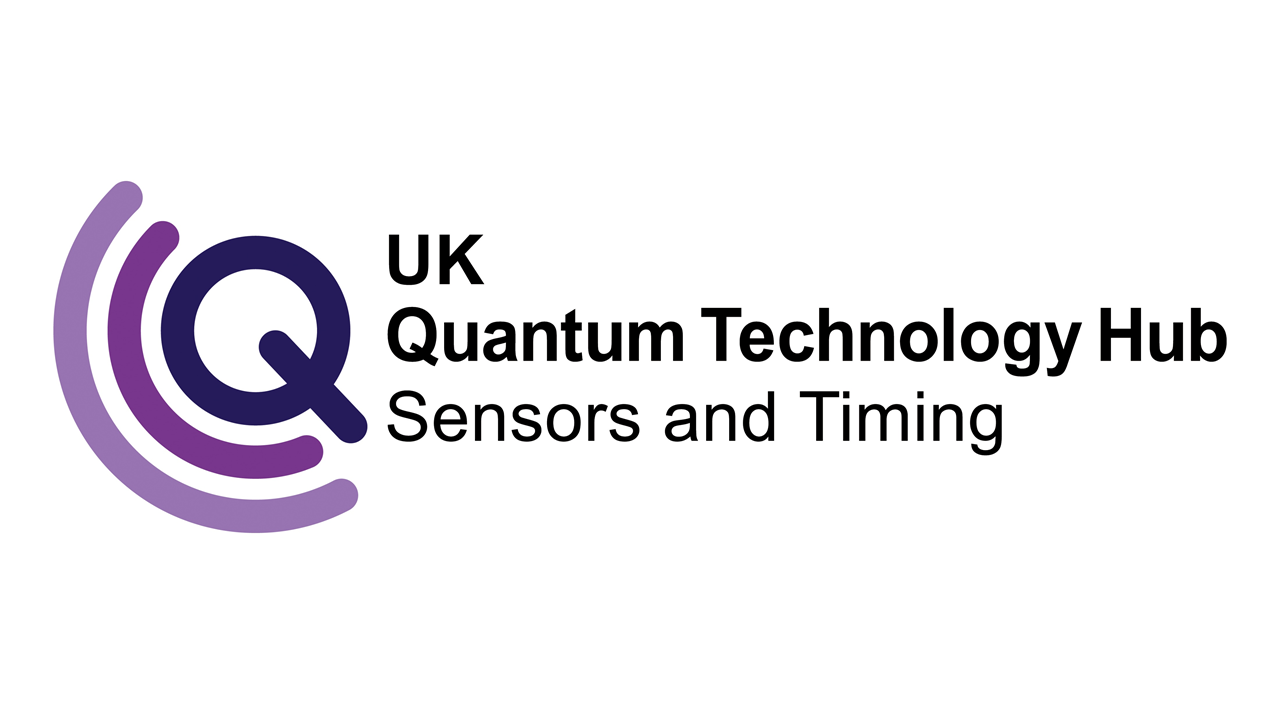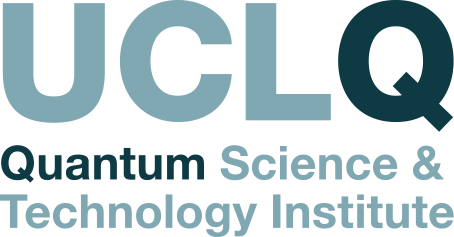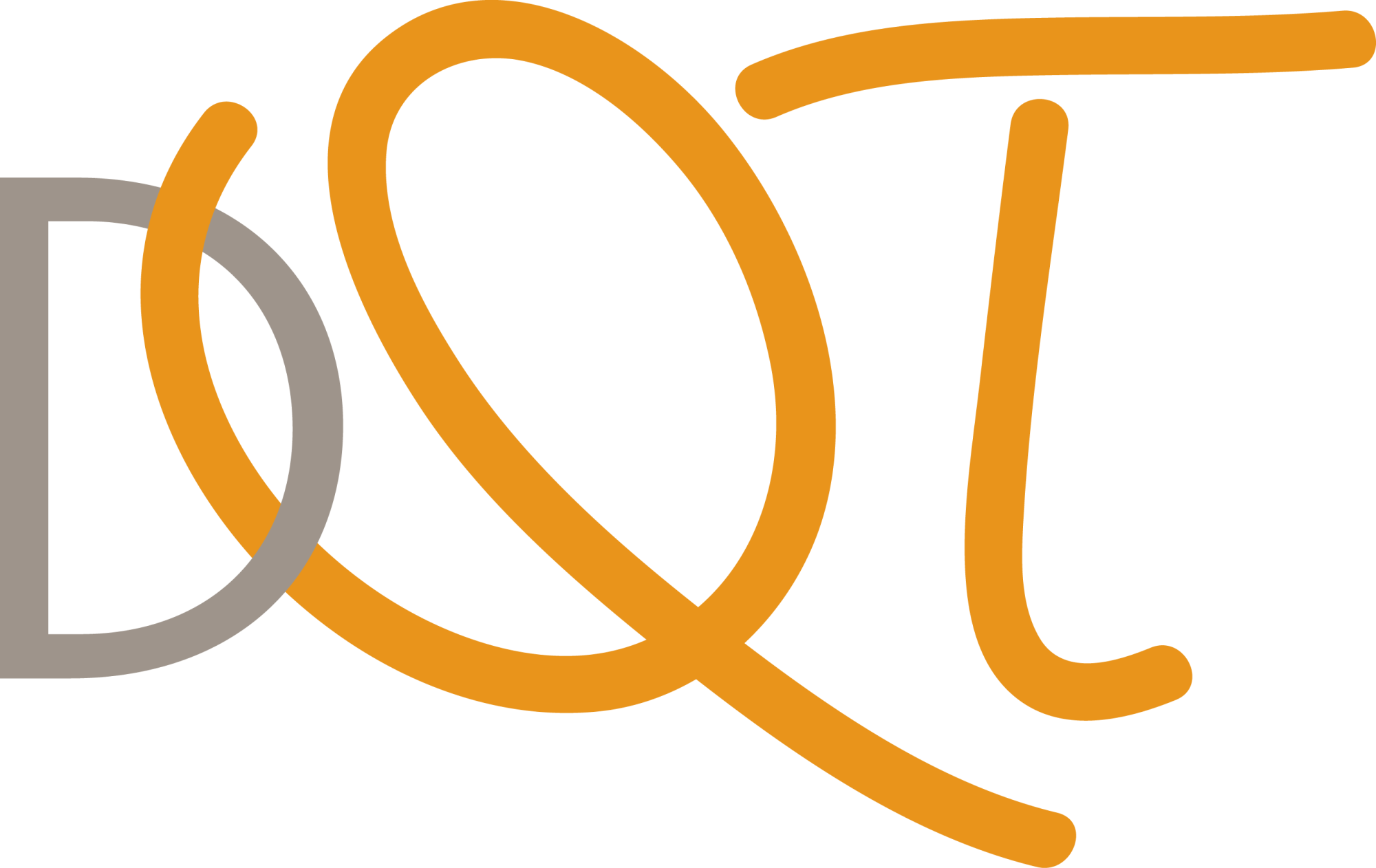It is possible to describe an atom, an electron, or a photon as either a wave or a particle. In reality, they are both: a wave and a particle.
Leading quantum research centres around the world contribute to Quantum Shorts, together with the organiser, the Centre for Quantum Technologies in Singapore, and media partners Nature and Scientific American. Learn more about them and their research.
The Dodd-Walls Centre is a national Centre of Research Excellence involving five NZ universities, hosted by the University of Otago. Our research focuses on New Zealand’s acknowledged strength in the fields of precision atomic and quantum optical physics, with our name drawn from two kiwi pioneers in these fields. Our research explores the limits of control and measurement at the atomic scale through the use of laser light, the generation and manipulation of light at its most fundamental, quantum level and the processing and physical nature of information in this quantum realm. The Dodd-Walls Centre also actively promotes science education and outreach to the wider public through partnership with Otago Museum and other organisations nationally.
The Australian Research Council Centre of Excellence for Engineered Quantum Systems (EQUS) is engineering the quantum future by building quantum machines that harness the quantum world for practical applications. We are solving the most challenging research problems at the interface of basic quantum physics and engineering, working with partners in industry to translate our discoveries into practical applications and devices, and training a new generation of scientists in cutting-edge research, innovation and entrepreneurialism.
The Institute for Quantum Computing (IQC) is a research institute at the University of Waterloo in Canada. IQC was founded in 2002 and today hosts over thirty research groups studying quantum information through the lens of mathematics, computer science, chemistry, physics, and engineering. Our researchers are developing new ideas and technologies for quantum computing, communication, sensors, and materials. IQC is training the current and future quantum workforce, supporting industry through shared infrastructure and expertise, and making quantum science accessible at all levels.
The Institute for Quantum Information and Matter (IQIM) at Caltech in the US is a Physics Frontiers Center supported by the National Science Foundation. IQIM researchers study physical systems in which the weirdness of the quantum world becomes manifest on macroscopic scales. Our research programs span Quantum Information Physics, Next-Generation Quantum Metrology, and Building and Driving Quantum Matter, with faculty drawn from Caltech’s departments of physics, applied physics, electrical engineering, computer science, and chemistry, and addresses a wide variety of experimental and theoretical research topics.
QuTech is a mission-driven research institute of Delft University of Technology (TU Delft) and the Netherlands Organisation for Applied Scientific Research (TNO). At QuTech, we work on a radically new technology with world-changing potential. Our mission: to develop scalable prototypes of a quantum computer and an inherently safe quantum internet, based on the fundamental laws of quantum mechanics. To achieve these ambitious goals, we bring together scientists, engineers and industry in an inspiring environment. We are jointly creating the quantum future, because we believe that quantum technology can be a game changer in many social and economic sectors, including health, agriculture, climate and safety.
The UK National Quantum Technologies Programme is a £1B investment by the UK government to ensure the successful transition of quantum technologies from laboratory to industry. The programme aims to create a coherent government, industry and academic quantum technology community that gives the UK a world-leading position in the emerging multi-billion pound new quantum technology markets.
Organisations supported through the programme coordinate on public engagement under the theme of Quantum City. Those participating in Quantum Shorts are as follows:
QuantIC is the UK Quantum Technology Hub in Quantum Enhanced Imaging and is part of the £1 billion UK National Quantum Technology Programme. It brings together world-leading quantum scientists at the Universities of Glasgow, Bristol, Edinburgh, Heriot-Watt, Exeter, Strathclyde, Southampton and Imperial College London, with more than 40 global industrial partners to pioneer a family of multidimensional cameras operating across a range of wavelengths, time-scales and length-scales, creating a new industrial landscape for imaging systems and their applications in areas such as security and defence, medical imaging, transportation infrastructure, space communications and climate change.
The Quantum Communications Hub, funded through the UK National Quantum Technologies Programme, is a major collaboration of universities, numerous private sector companies and public sector bodies brought together to accelerate the development and commercialisation of quantum secure communications technologies and services at all distance scales.
The main vision of the Quantum Communications Hub is to deliver future-proof, practical, secure communications by exploiting the commercialisation potential of existing prototype quantum secure technologies beyond their current limitations; to contribute to the establishment of a quantum communications technology industry in the UK; and to feed its future expansion, competitiveness, diversification and sustainability.
The Quantum Computing & Simulation Hub (QCS) - the largest of four hubs in the UK National Quantum Technologies Programme – is a collaboration between 17 universities, supported by over 25 commercial and governmental organisations, with the University of Oxford as its lead partner. The Hub encompasses a diverse range of disciplines from hardware and software to core technologies and potential applications, reflecting the many different skills required to transform quantum computing.
The UK National Quantum Technology Hub in Sensors and Timing (led by the University of Birmingham) brings together world-leading experts from Physics and Engineering from the Universities of Birmingham, Glasgow, Imperial, Liverpool John Moores, Nottingham, Southampton, Strathclyde and Sussex, NPL and the British Geological Survey to drive commercial exploitation of quantum sensor technology in collaboration with industry. Particular areas of focus are magnetometry, geophysics, navigation, timing and underpinning technology aimed at reducing the size, weight power and cost of future sensor systems. The QT Hub, which has over 100 projects valued at approximately £100 million, is keen to collaborate with industry companies to further advance quantum sensor technologies.
The National Physical Laboratory (NPL) is the UK’s National Measurement Institute, providing the measurement expertise that underpins economic growth and quality of life in the UK. From new antibiotics and more effective cancer treatments, to unhackable quantum communications and superfast 5G, technological advances must be built on a foundation of reliable measurement to succeed. Our science, engineering and technology helps to make the impossible possible. We are a world-leading research facility with over 500 scientists and engineers working in almost every field to save lives, protect the environment and enable citizens to feel safe and secure, as well as to support international trade and innovation.
The UCL Quantum Science & Technology Institute (UCLQ), based in central London brings together over 120 researchers and 30 research groups working at the forefront of quantum technologies, from foundations through to applications, helping to develop this fast-advancing field of research.
UCLQ Research areas span quantum computer science, electrical and systems engineering, as well as quantum physics, and falls within four major themes: 1. Quantum Sensors and Metrology; 2. Scalable Quantum Computers; 3. Quantum Interfaces and Communication; and 4. Quantum Algorithms, Architectures and Complex Systems. UCL’s Doctoral Program in Quantum Technologies prepares students to operate in a complex research and engineering landscape where quantum physics meets cryptography, complexity and information theory, devices, materials, software and hardware engineering.

